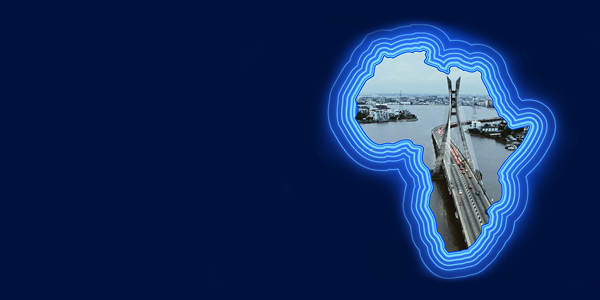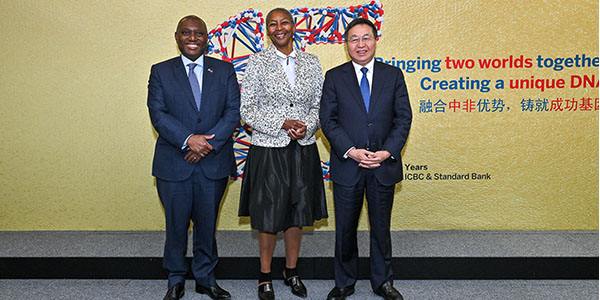
Accelerating new ways of learning
Online learning can strengthen education
Explore who we are as Standard Bank Group, discover our operations, and witness the essence of our business as we redefine financial landscapes for Africa and her people.
We're committed to meeting the needs of African businesses, economies and communities and delivering positive social, economic and environmental (SEE) impacts for our partners across the continent.

Get the latest financial news impacting the continent, expert insights into Africa's markets and economies and the most recent announcements from the Standard Bank Group.

As a leading Africa-focused financial services group, and an innovative player on the global stage, we can offer a wealth of career-enhancing opportunities – plus the chance to work alongside some of the sector’s most talented, motivated pioneers.
At Standard Bank Group, we're creating possibility for us, you and Africa. But we can't do it alone.
We need dreamers and doers like you. Talented young people with ambition for your own future - and Africa's.
It’s never been easier to find your perfect role that meets your career ambitions. Head over to our career page to explore an opportunity at Standard Bank Group.

Online learning can strengthen education